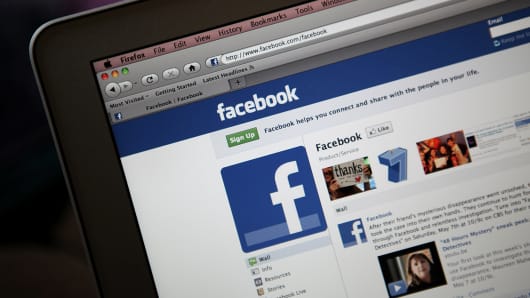The $16 billion Facebook share offering made the U.S. the biggest global market for initial public offerings (IPOs) for the first time since 2008 this year, according to figures from Dealogic.
For the past two years, China has topped the list for IPOs as markets in the Western world remained choppy. This year, it slipped into second place in terms of volume of money raised, although it still had a higher number of deals than the U.S.
Despite the much-feted Facebook offering, 2012 was a rather damp squib for IPOs, with a total of $354.5 billion raised this year to date. The number of offerings which raised less than expected was up by 5.2 percent from 2011.
The IPO market is expected to perk up next year, according to forecasts from Ernst & Young.
"This wasn't a great year," Maria Pinelli, global vice chair of strategic growth markets at Ernst & Young, told CNBC. There were "glimmers of hope" in Europe in the last quarter, and the U.S. for most of the year, according to Pinelli.
"Investors are concerned about return and certainty. It's a buyer's market and pricing is very fickle," she added.
Asia and the U.S. are likely to drive a healthier market next year, although Asia will see fewer IPOs of state-backed companies and more of entrepreneurial businesses, according to Pinelli.
Morgan Stanley has been the biggest bookrunner so far this year, with an 8.6 percent market share after advising on IPOs worth $10.0 billion, followed by JPMorgan with a 6.7 percent market share and Deutsche Bank with a 6.3 percent share. The fall in the revenue stream from IPOs has been one of the factors which has dampened investment banking profits in the past couple of years.
Getting the price of an IPO right is particularly important in the current environment, according to Pinelli. Facebook stock famously lost a lot of its value in the months after its offering, and is currently trading at around $28, compared to an initial offer price of $38.
"If you don't deliver you suffer an up to 50 percent drop in market value and can take up to three years to recover," Pinelli warned.



